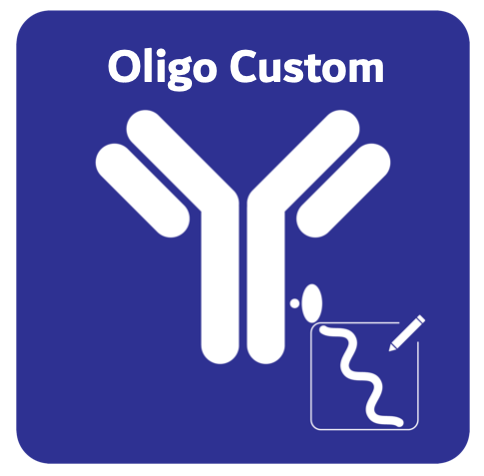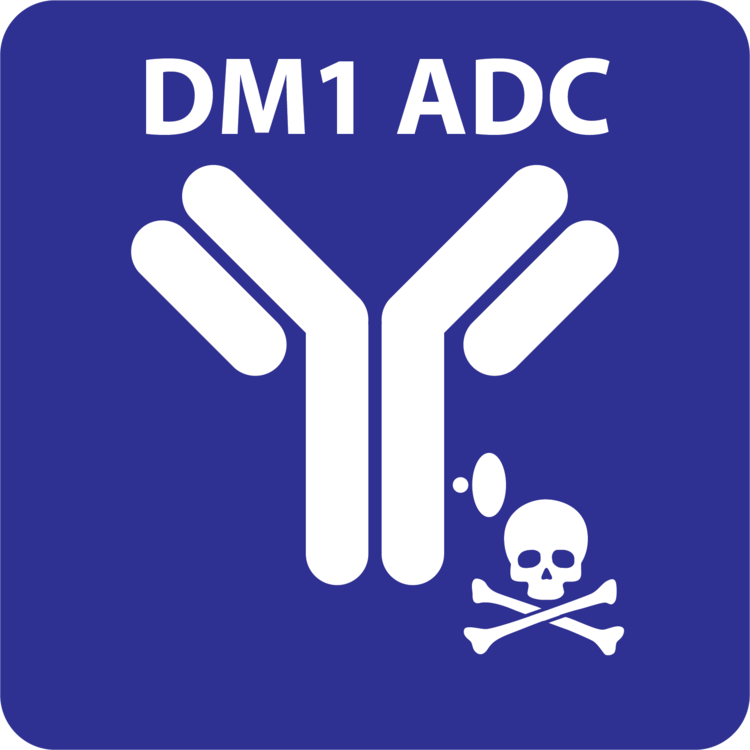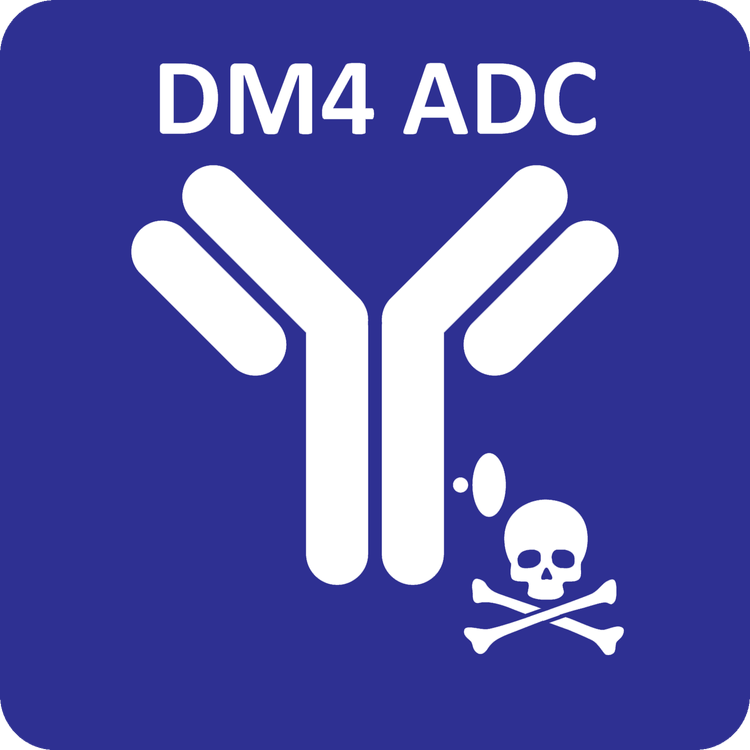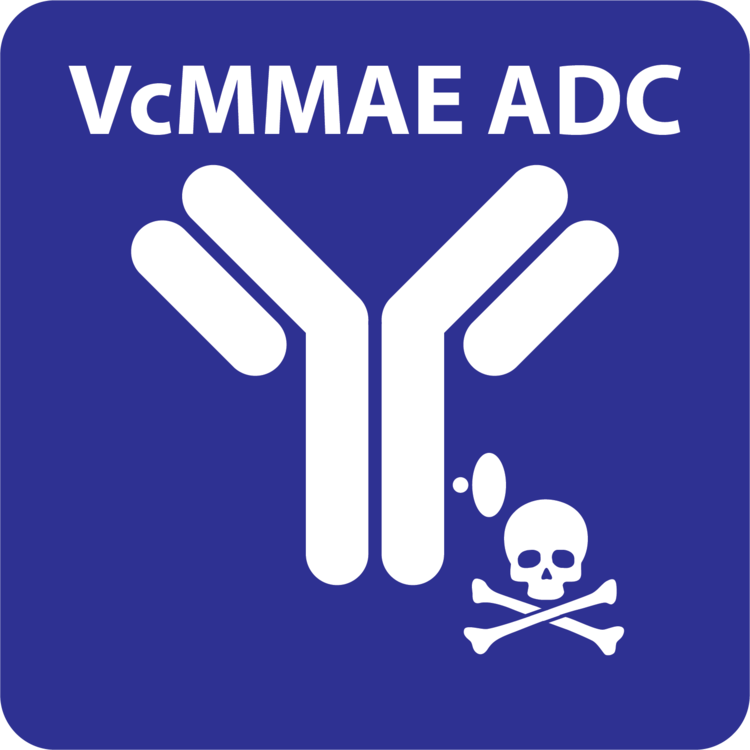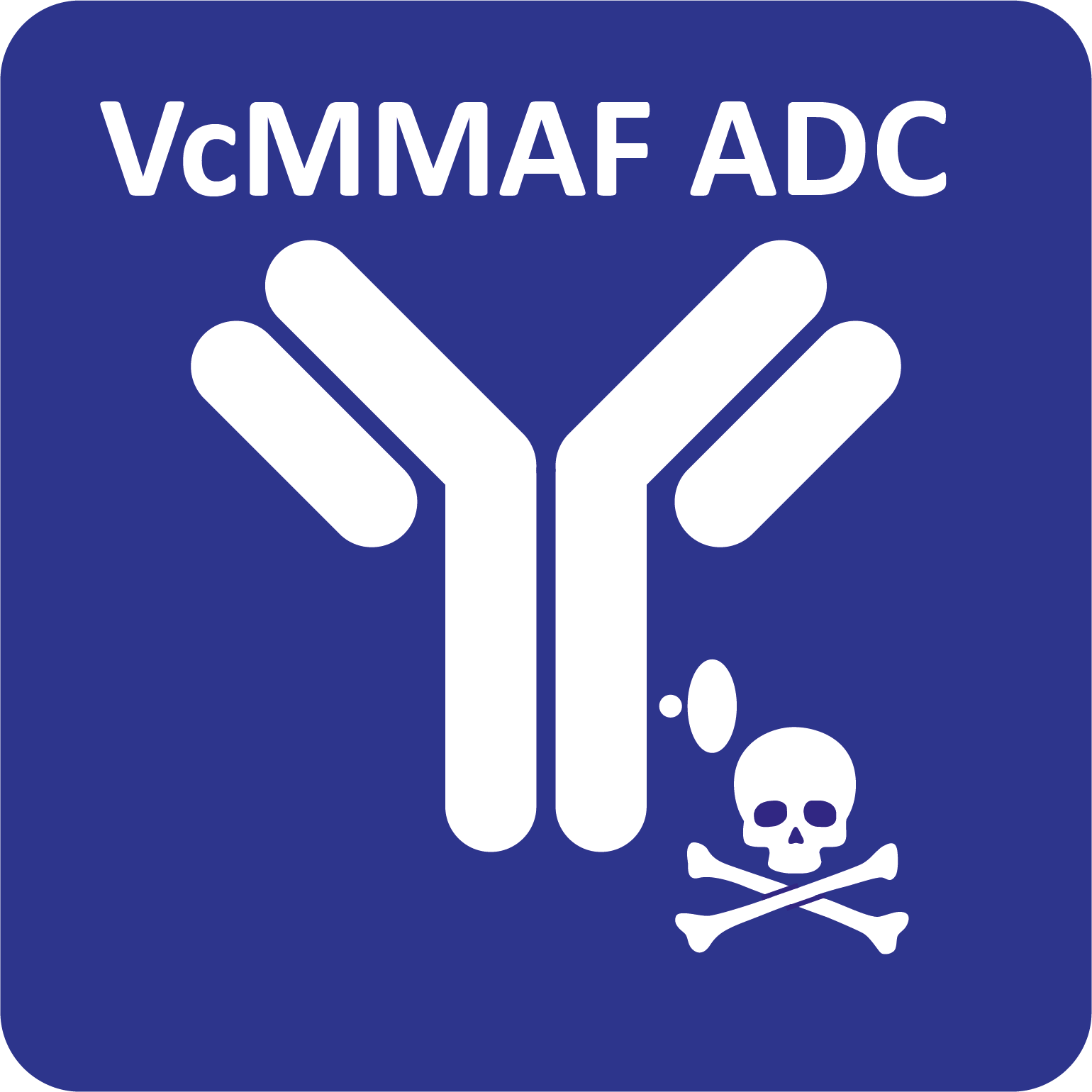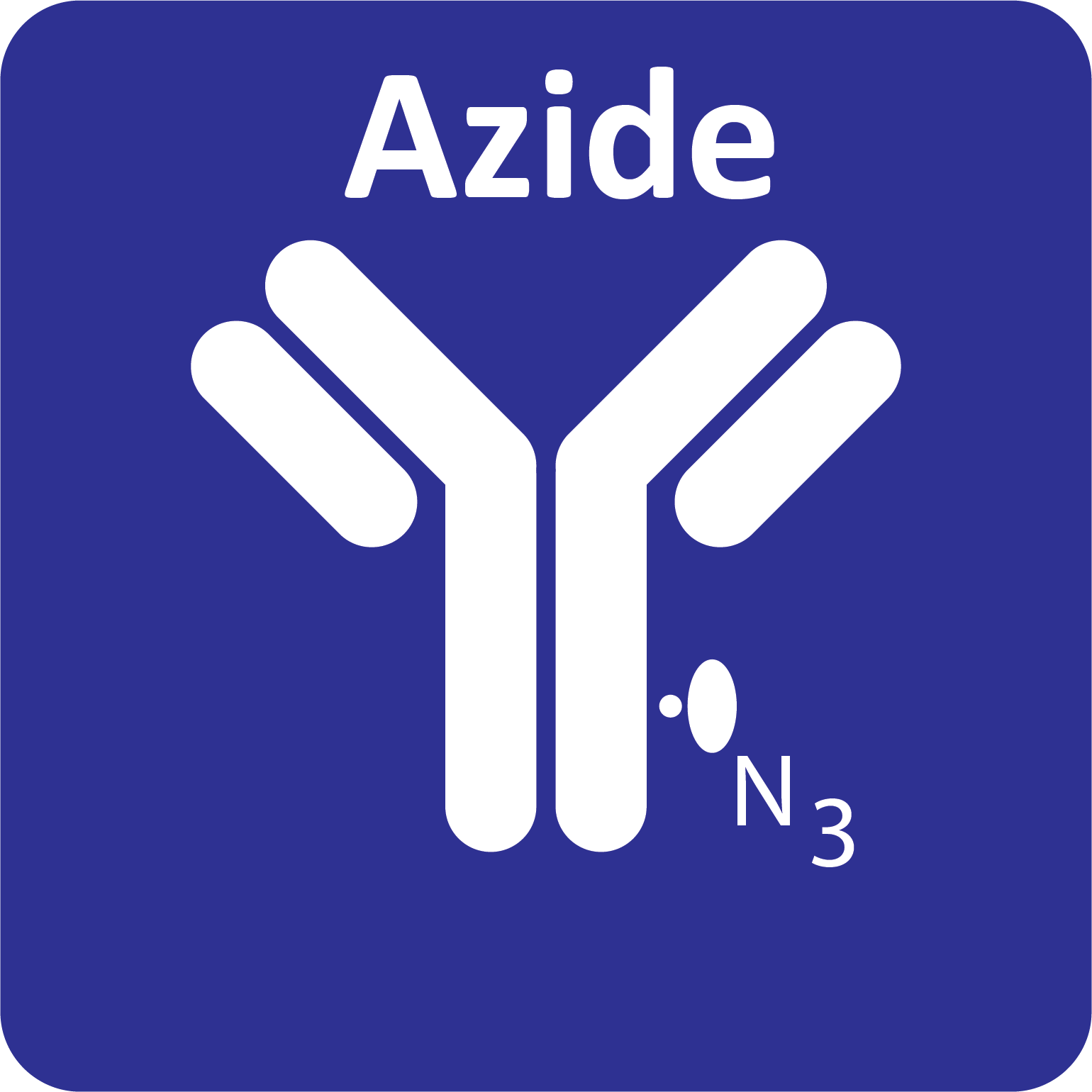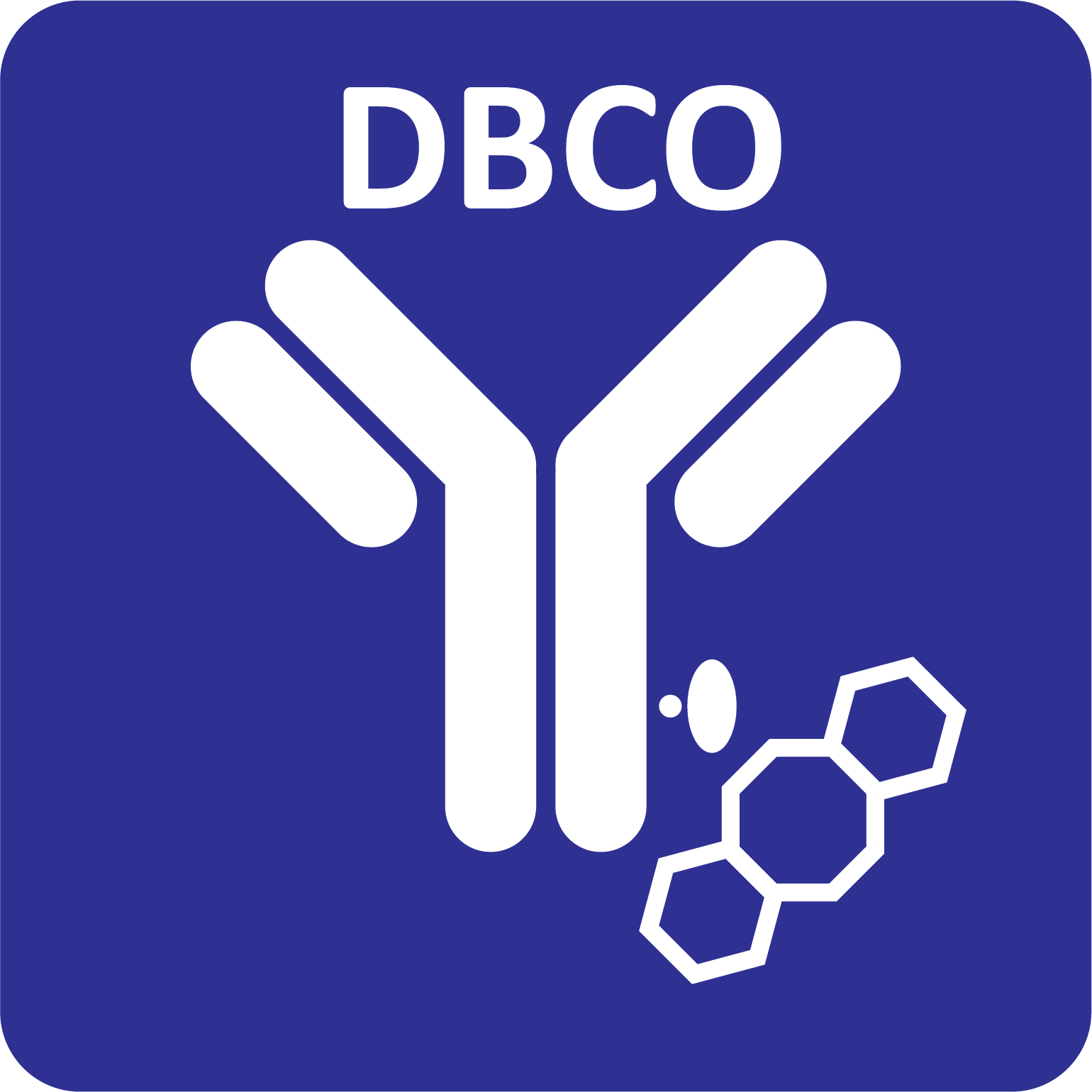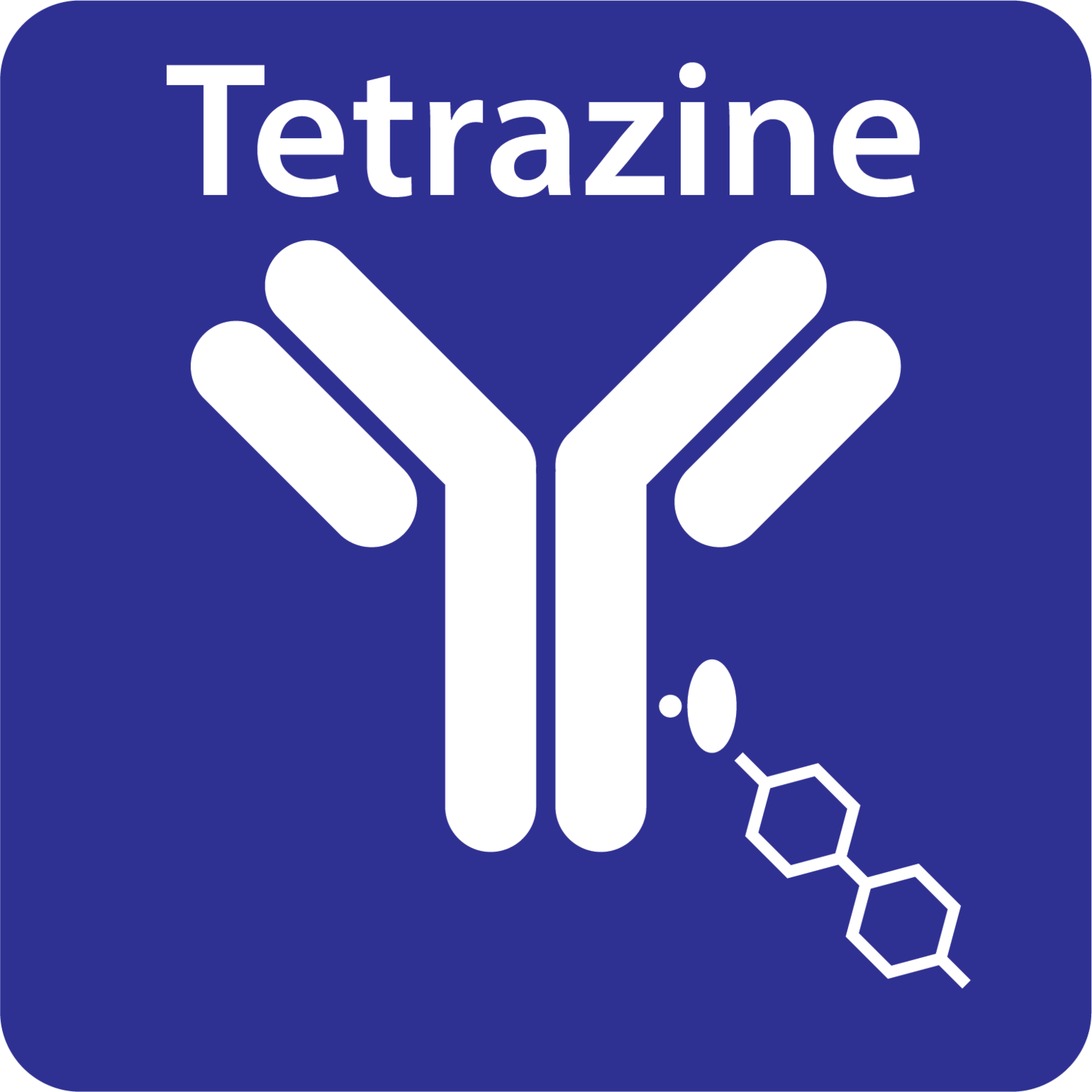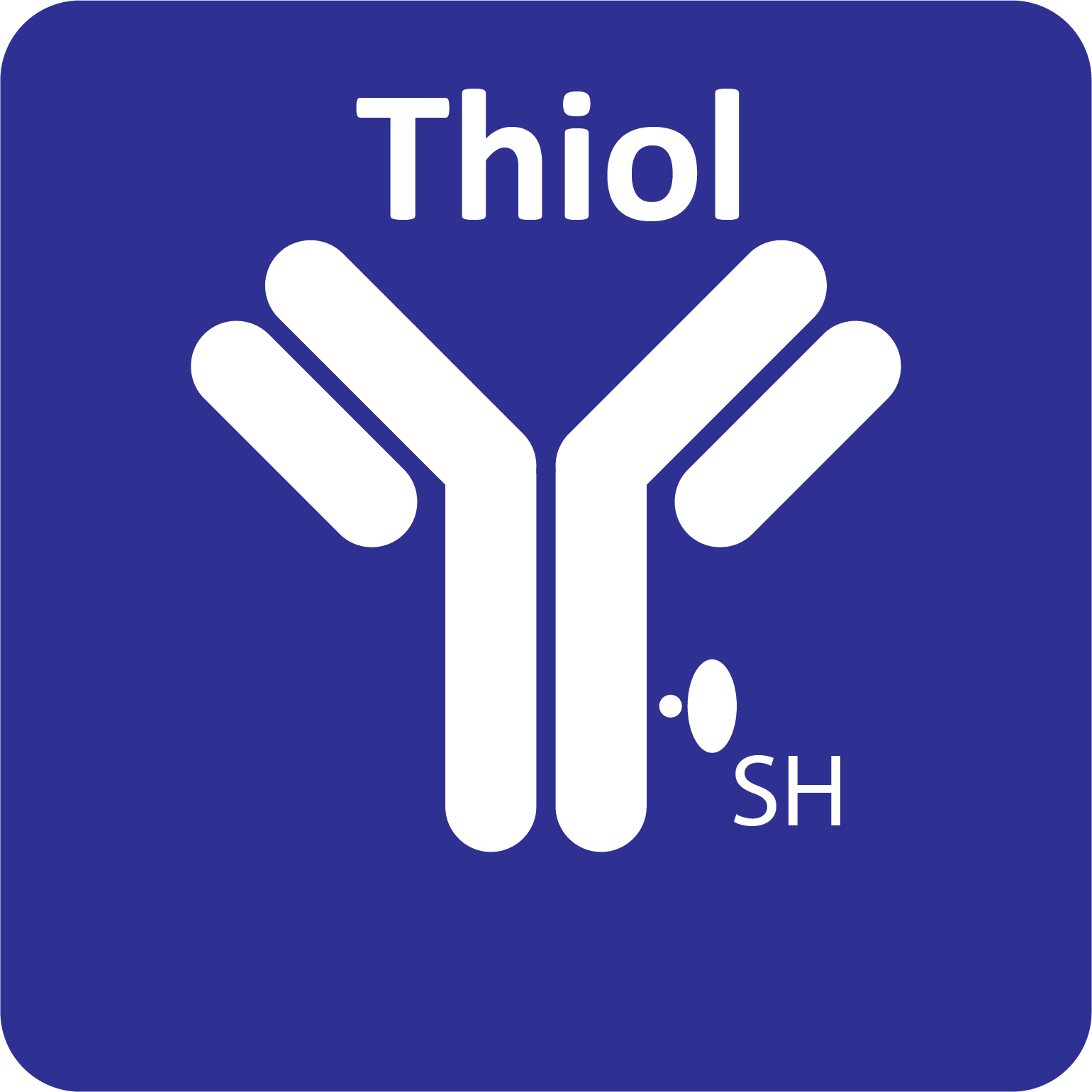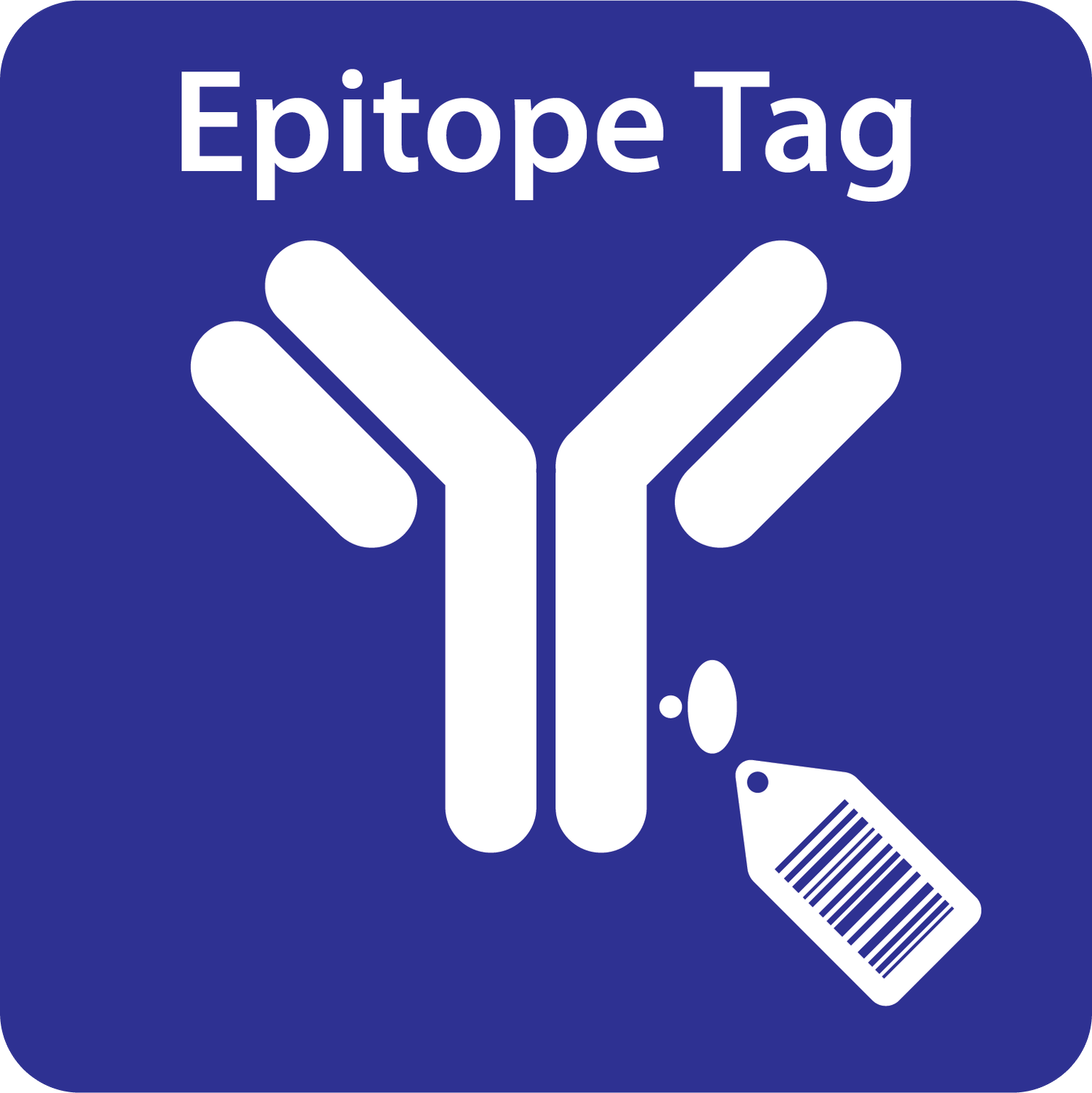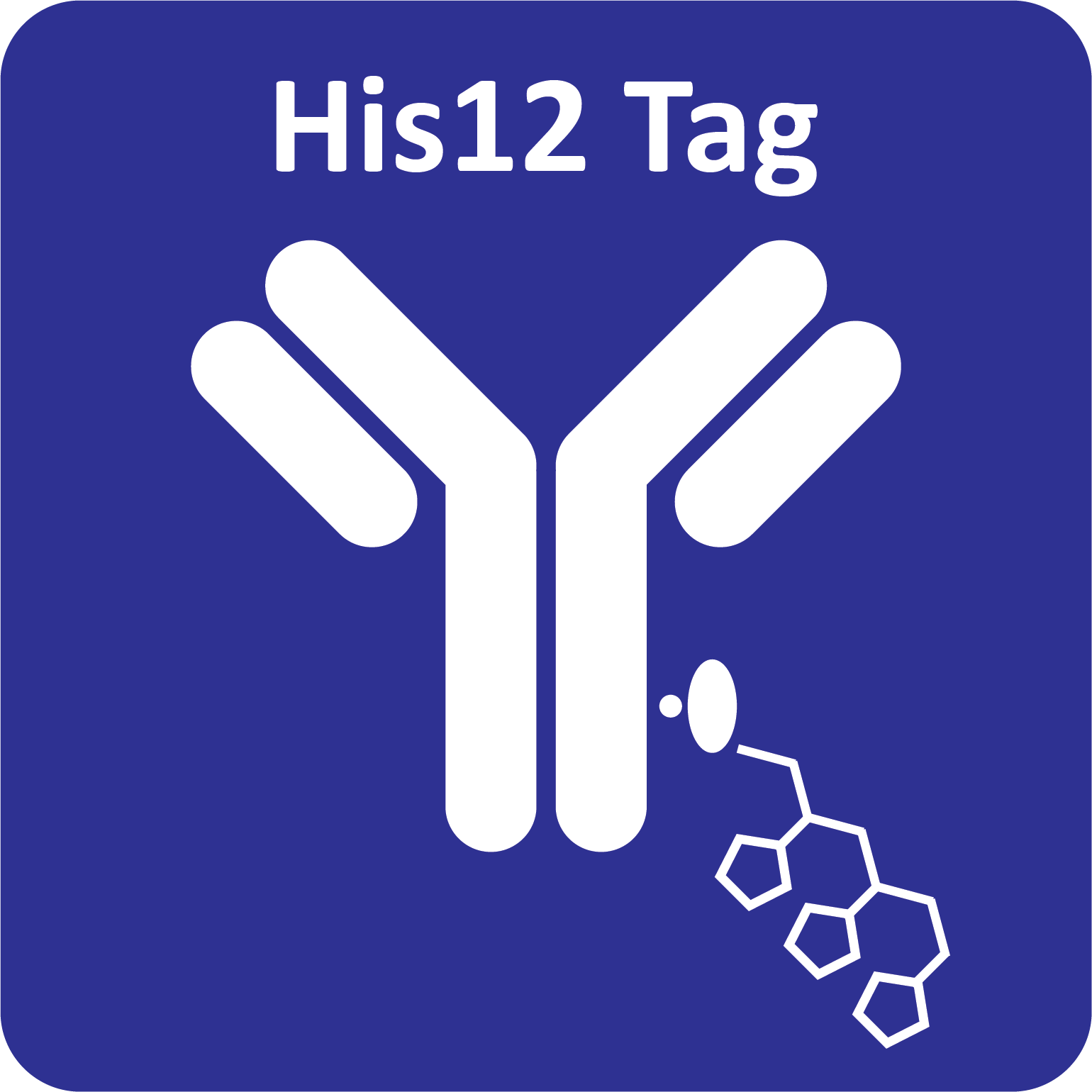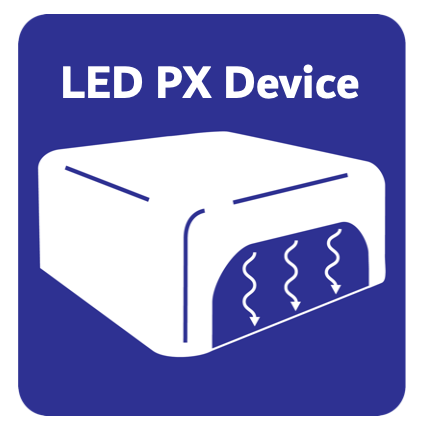Your cart is currently empty!
Efficient Labeling of Native Human IgG by Proximity-Based Sortase-Mediated Isopeptide Ligation
https://pubs.acs.org/doi/abs/10.1021/acs.bioconjchem.1c00099
Bioconjugate Chem. 2021, 32, 6, 1058–1066 Publication Date: May 24, 2021
AlphaThera members, Dr. Feifan Yu and Dr. Andrew Tsourkas, worked with other University of Pennsylvania researchers of the partner Tsourkas Lab to publish a high-impact publication to Bioconjugate Chemistry titled “Efficient Labeling of Native Human IgG by Proximity-Based Sortase-Mediated Isopeptide Ligation”
This publication outlines reliable, ubiquitous and cost-effective strategies to develop next generation Antibody-Drug conjugates. Read more in the abstract below. Check out AlphaThera’s Grant award for developing Site-specific ADCs by the PBSL method here.
Abstract
Antibody–drug conjugates (ADCs) have demonstrated great therapeutic potential due to their ability to target the delivery of potent cytotoxins. However, the heterogeneous nature of conventional drug conjugation strategies can affect the safety, efficacy, and stability of ADCs. Site-specific conjugations can resolve these issues, but often require genetic modification of Immunoglobulin G (IgG), which can impact yield or cost of production, or require undesirable chemical linkages. Here, we describe a near-traceless conjugation method that enables the efficient modification of native IgG, without the need for genetic engineering or glycan modification. This method utilizes engineered variants of sortase A to catalyze noncanonical isopeptide ligation. Sortase A was fused to an antibody-binding domain to improve ligation efficiency. Antibody labeling is limited to five lysine residues on the heavy chain and one on the light chain of human IgG1. The ADCs exhibit conserved antigen and Fc-receptor interactions, as well as potent cytolytic activity.

